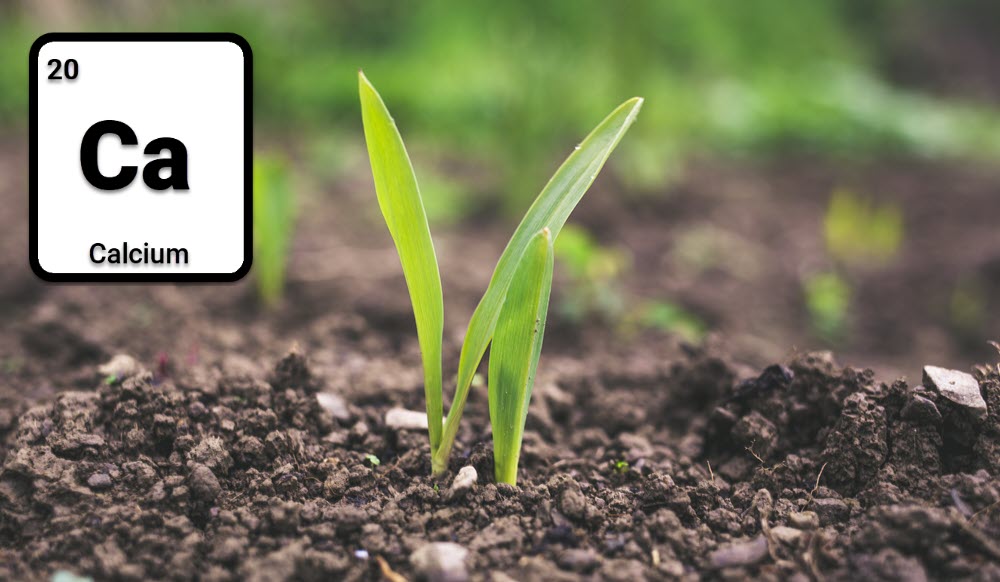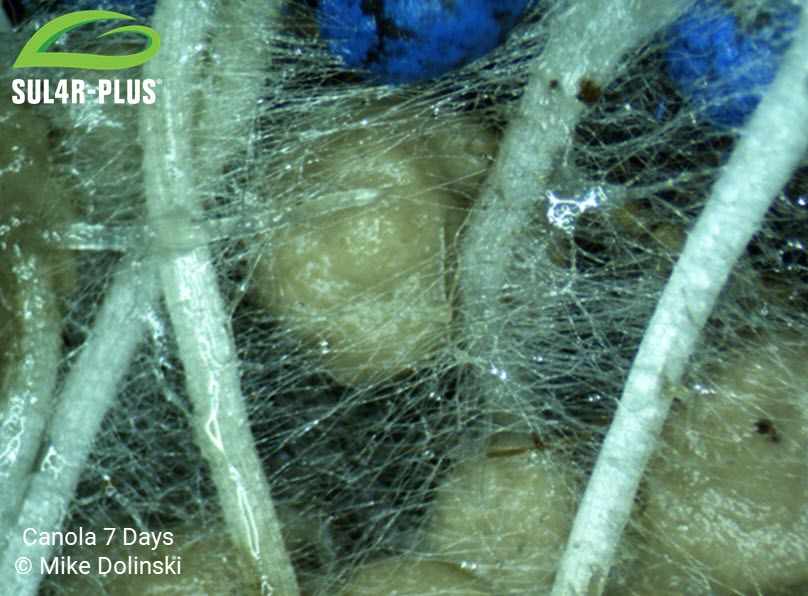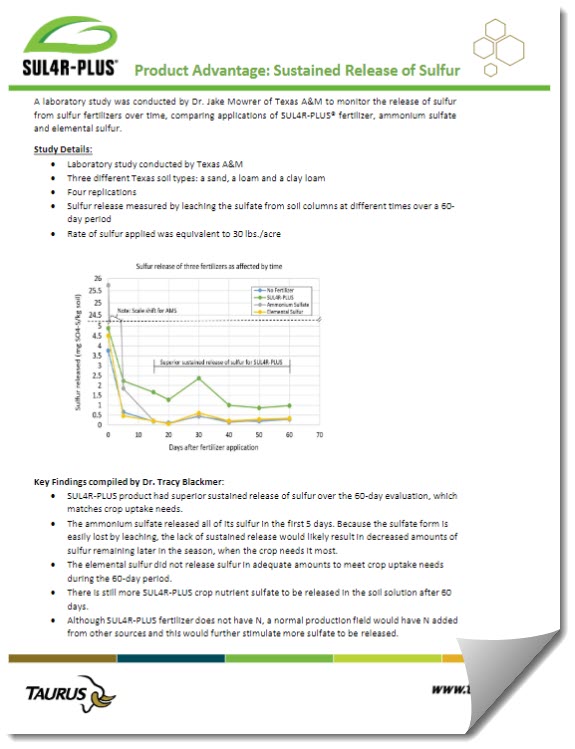
Thinking of Calcium Beyond the Plant
It’s time to give Calcium the credit it deserves!
When we talk about most nutrients, we tend to narrowly focus on how the plant utilizes these vital minerals to enhance growth and yield.
While Calcium (Ca2+) is essential to plant growth and development, it plays an equally important role when it comes to soil composition, as well as its ability to facilitate the availability of other nutrients.
Calcium is required for a healthy and productive crop and serves many functions in the plant including:
- building strong cell walls helping to reduce lodging and disease infection
- supports new growth
- supports proper development of root systems, flowers and seeds
- serves as a secondary messenger in many development and stress management processes
- involved in the formation of proteins
- protects against heat stress
Calcium also makes compacted soils more porous, allowing moisture to seep into the root zone. Depending on the form applied, it can even reduce soil salinity by displacing soluble salts allowing it to be leached out of the root zone.
Providing crops with calcium can be challenging
Once the plant takes Calcium up into its tissues, it can’t be re-mobilized. This means calcium for new growth must be supplied from the soil throughout the growing season and be available in a form the plant can use.
One solution is liming – applying a calcium carbonate source such as crushed limestone to fields. This practice is used around the world to manage soil acidity and increase soil calcium supply; however, this calcium is not in a plant available form.
Another source is calcium sulphate or gypsum. Available as mined or synthetic, the mined gypsum is sold as a powder making it tough to store, handle, and apply. It can cake and clump in the bin and can cause frequent equipment plugging at seeding time. It also has a higher incidence of impurities and inconsistencies than a synthetic gypsum.
Synthetic gypsum, mainly derived from the Flue Gas Desulfurization (FGD) process of coal fired power plants, is more consistent and has substantially fewer impurities. Both mined and synthetic gypsum offer the advantage of delivering sulfur with the calcium.
Excess Magnesium or Sodium
While magnesium (Mg2+) and sodium (Na+) are also essential plant nutrients, they tend to be quite high in many Western Canadian soils. The problem with high magnesium and/or sodium is their small ionic size, which allows soil particles to settle closely together. So close, in fact, that the spaces between the particles are too small to allow for water, oxygen and carbon dioxide – all essential for plant growth – to easily pass through soil micro and macro pores. Crops in these soils struggle to develop good root systems, making them less productive.
Calcium, a much larger ion (Ca2+), can displace magnesium (Mg2+) or sodium (Na+) and push soil particles further apart, “mellowing” the soil by making it more porous. With ample water and air, the soil becomes a healthy habitat for bacteria, fungi, insects and other organisms where crop roots can thrive.
A solution that fits
Meeting the plants needs for season long availability and seed safety, SUL4R-PLUS fertilizer leads the way. A granular synthetic gypsum product composed of calcium sulfate (CaS04), it also boasts a low salt index (5) and is seed safe in-furrow. Tests with canola, for example, show root hairs developing and gathering nutrients right beside the granules. Ammonium sulfate, by contrast, with a higher salt index (88) has shown in research to dehydrate the canola seeds, burning or pruning roots and inhibiting germination.


Produced through a patented granulation process, the granules are held together with an ammonium lignosulfonate binder, which is mostly fulvic acid (produced in nature when plants decompose). This binder provides some nitrogen, but also a significant amount of carbon – another valuable nutrient for both the crop and the soil ecology.
What does this all mean for harvest?
From amending the soil to promoting strong healthy plants, calcium is a vital element for a crops success. Understanding how calcium affects and the options available to your crop and soil will help in producing the yields you strive for.
 | SUL4R-PLUS fertilizer provides immediate and season long release of nutrients, matching the nutrient demand of crops throughout the growing season more closely than any other sulfate on the market. Research conducted through Texas A&M University showed that SULR4R-PLUS sulfate remained available in the soil for 60 to 80 days post-seeding. |

